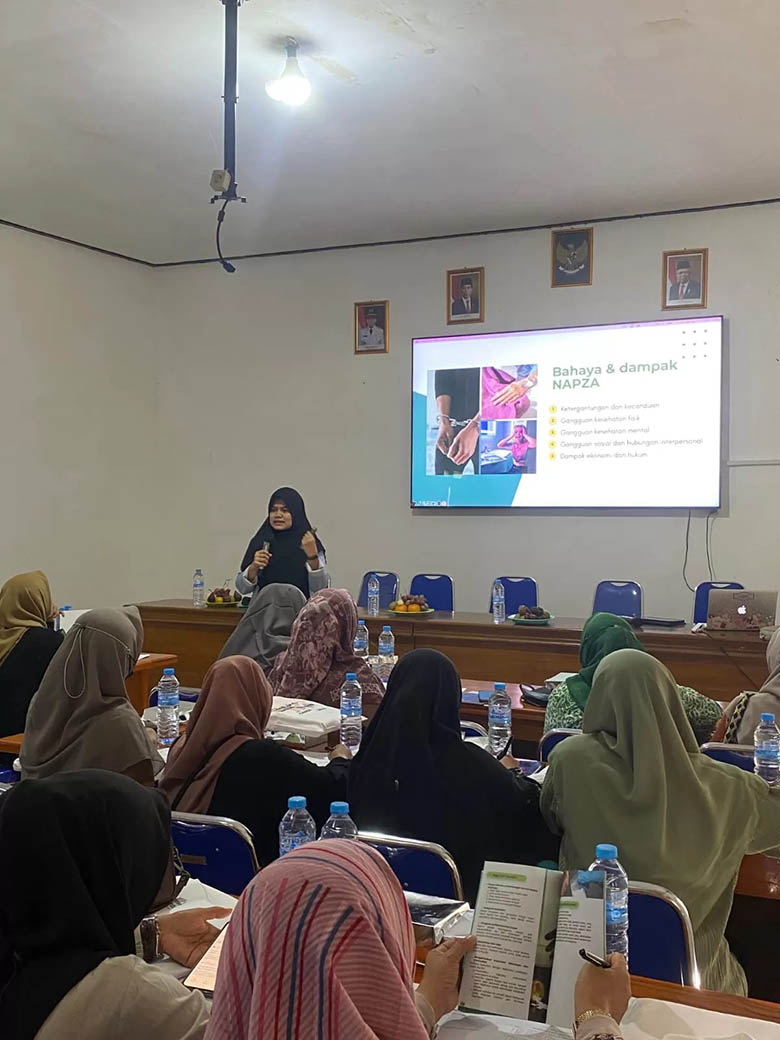

Cindra Tri Yuniar
Background: Anthropometric examination is a non-invasive quantitative assessment to evaluate nutritional status in children and adults. Inaccurate anthropometric measurements can produce invalid data and interpretation of wrong nutritional status, which has the potential to affect the nutritional therapy provided. One aspect assessed through anthropometry is stunting, which is caused by prolonged nutritional deficiencies, especially for the first 1,000 days of life. Empowering public health workers (cadres) on Kangean Island with knowledge about the measurement of anthropometry and local additional food is very important to overcome stunting. Especially the height and length of the body, for effective stunting screening. In addition, introducing local additional food as an alternative to increase children's nutrition. Increased knowledge was measured through the pretest and posttest scores before and after the PowerPoint presentation for 45 minutes synchronized and 15 minutes asynchronous.
Results: Cadre knowledge increased, with an increase in a total score from 100 points. About 70% of cadres showed an increase in knowledge, while 30% did not reach a minimum pass score of 70 points from 100. The average correct answer to the pretest was 3-4 questions, increased to 5-6 in posttest, showing increased knowledge of anthropometric screening and supplying additional food.
Conclusion: Oral presentation of screening stunting and additional food does not significantly increase cadre knowledge. Less optimal presentations may be caused by a long duration and ineffective interactive discussion. A more practical and interactive nutritional education method is needed, such as direct demonstration and active audience participation.
Empowering Puskesmas cadres to prevent drug abuse through educational activities and 'games' for students; Provide an understanding of the role of family resilience in preventing drug use to the community through family resilience workshops
Provide valid knowledge about the role of the family in drug prevention